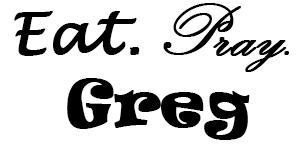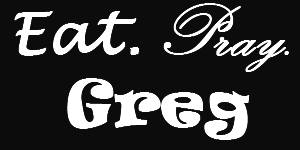Inspired by the many people I met in my youth from this exotic country, I had been to Poland before. My first trip there, I found myself in the idyllic town of Krakow. It was filed with narrow streets and friendly people that still had a certain Middle Age charm. This was surprising because it was only a short train ride away from the town of Oświęcim, more infamously known to the world under its invader name, Aushwitz.
Warsaw was different. While it was the home of great artists and scientists in the early 20th Century, the Warsaw I witnessed was gritty, yet beautiful, old yet new, healed but with visible scars. All over the city, one that was razed to the ground, there are newer buildings, but many, many Soviet-era ones that were hastily built after the war. The still standing, brutally designed Palace of Culture and Science is in the center of the city, as if it were a plank lodged in the eye of everyone that beheld it by Stalin himself. This was a reminder of who held real power.
However, there were still whispers of revolt all around the city. Like patriotic easter eggs, the small letters of PW decorated almost every flat surface; on sidewalks, on buildings, in stained glass. It is in homage to the Polska Walczaca, or Fighting Poland, the name given to the partians that battled the Nazis within the city walls and were later snuffed out by the communists.
They were a scrappy force, yet one that was able to fight for 63 days, unaided by any ally. Just imagine you, your parents, brothers, sisters, aunts, uncles, and even your children fighting the most advanced and battle hardened army in the world with second hand surplus munitions in a smouldering moonscape that was once your hometown. Getting caught meant you would not only die, but would probably be forced to watch the execution of your friends and family before finally receiving a bullet yourself.
Imagine knowing that a great army, equally if not more so battle harded than the current one killing your family, could easily have assisted you, if only by supplying you some better weapons. Instead, they were just waiting across a river, watching as your home and your people got destroyed. Only to move in when the other army retreated and take over as new invaders, rounding up everyone that fought so hard to liberate their homeland and charging them as enemies of the new state. Imagine that new state lasting for nearly a lifetime; a lifetime of opression, repression, equality of outcome, from each according to their ability, to each according to their need.
Now consider that state almost disappearing over night. Imagine new freedoms, new goods, new opportunities. But with those freedoms, new problems going with with them. Think about being given a job your whole life and then suddenly you need to create something called a resume, or needing to find a doctor instead of just having one assigned to you. Imagine the type of dread that suddenly being thrust into a world of personal responsibility would cause, especially for older people who lived and worked and gamed a system for a majority of their lives. Thirty years on, the reverberations of this era are still being felt.
This was the Warsaw I saw, admired, and respected.

